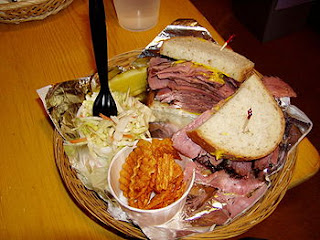Global investors ask..How and when Thailand will restore democratic, civilian rule?
January 15, 2015 12:00 am JST
Thai junta proposes direct election of cabinet
TORU TAKAHASHI, Nikkei staff writer
BANGKOK -- One of the key questions in Asia's political scene in 2015 is how and when Thailand will restore democratic, civilian rule. A council appointed by Thailand's military government is proposing direct election of a civilian prime minister and all cabinet members as part of far-reaching political reforms.
The move is aimed at curbing the money-driven politics that characterized former Prime Minister Thaksin Shinawatra's rule, but critics warn the changes will leave the Thai parliament powerless.
The proposal was drawn up in late December by the National Reform Council, an advisory body appointed by the military in October 2014 to prepare for a return to civilian rule. It was submitted to the Constitution Drafting Committee as part of a broader reform initiative covering some 700 items.End run
At the moment, Thailand has a temporary charter that gives the military sweeping powers. The government plans to proclaim a new constitution by the end of 2015. This will be followed by a general election in early 2016.
Thailand has, up to now, had a parliamentary system, similar to that of the U.K. and Japan, under which lower house members select the prime minister and the prime minister names the cabinet. The council's proposal aims to change this.
South Korea, Indonesia and many other countries have direct elections for the head of government, but voters do not select cabinet ministers directly.
The new system "will pioneer political reform in the world," said Sombat Thamrongthanyawong, chairman of the National Reform Council's political reform panel and former rector of the National Institute of Development Administration.
Under the proposal, the country's 74 political parties will name candidates for prime minister and the cabinet. Candidates who receive a majority of the votes in direct elections will serve as ministers. If no one wins a majority in the first round, the top two vote-getters will compete in a runoff.
Separation, no anxiety
Under the previous constitution that was annulled when the generals took power in May of last year, the prime minister was chosen from among lower house members. The new rules prohibit the prime minister and other ministers from serving in parliament or belonging to political parties. They are designed to clearly separate legislative and administrative functions.
The new system "will eliminate the influence of political parties and their sponsors, preventing vote buying," said Sombat in an oblique reference to former Prime Minister Thaksin Shinawatra, whose populist policies carried him to victory but earned the wrath of conservatives.
Devil in the details
But many details have yet to be hammered out. For instance, under the proposed system, parliament would not have the authority to submit a no-confidence motion against the cabinet, while the prime minister would be barred from dissolving the lower house. It is not clear whether the prime minister would be allowed to reshuffle the cabinet.
The Constitutional Court and the National Anti-Corruption Commission would be responsible for monitoring how the prime minister and cabinet members exercise their authority. But if checks and balances between parliament and the executive branch do not function properly, the prime minister could amass too much power.
If the party that nominates the prime minister differs from the party with the largest number of seats in the lower house, that could undermine the government's stability, too. Israel abandoned direct elections for the prime minister and restored a parliamentary cabinet system in 2001 because of the chronic instability of a system in which the prime minister was often not a member of the biggest party in parliament.
According to a poll conducted in December by the National Institute of Development Administration, two-thirds of those surveyed support the proposed changes. But many politicians and even some members of the reform council are cautious.



Comments